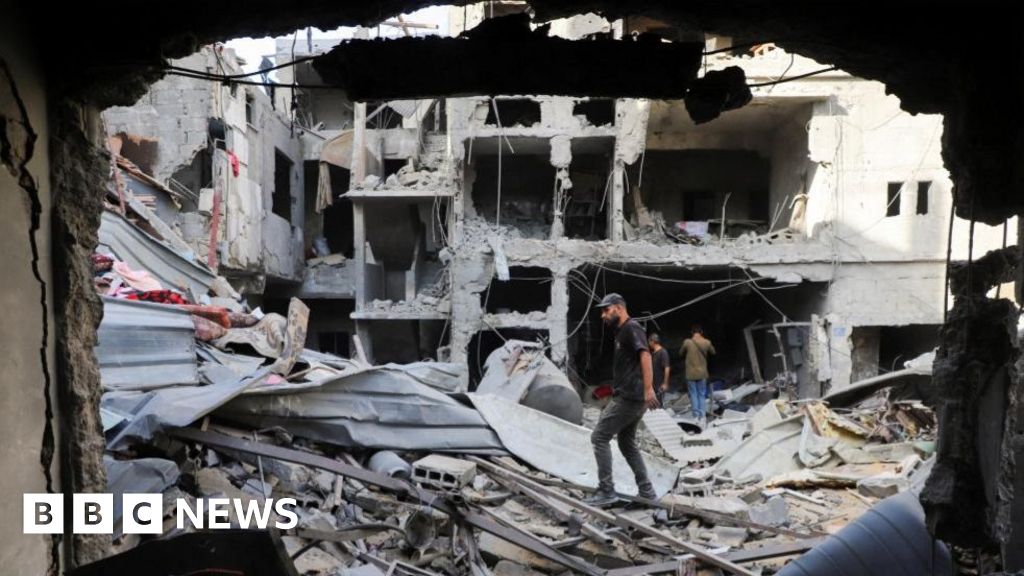India and Qatar are expected to finalise terms of reference this week to start talks for a free trade agreement (FTA), the commerce ministry said in a statement on Sunday.
India and Qatar are expected to finalise the terms of reference for a free trade agreement (FTA) this week, the Indian commerce ministry said on Sunday.
The announcement comes ahead of Commerce and Industry Minister Piyush Goyal’s two-day visit to Doha, starting on October 6. During the visit, Goyal will attend the Qatar-India Joint Commission on Trade and Commerce, which will be co-chaired by Sheikh Faisal bin Thani bin Faisal Al Thani, Qatar’s Minister of Commerce and Industry.
Goyal will be accompanied by senior officials from multiple ministries and a large business delegation.
According to the ministry, the talks will cover a wide range of issues, including reviewing bilateral trade performance, addressing existing trade barriers and non-tariff challenges, and exploring ways to boost trade and investment flows between the two countries.
”The talks are likely to include deliberations on the proposed India-Qatar FTA, with the way forward on finalisation of the Terms of Reference (ToR) for the Comprehensive Economic Partnership Agreement (CEPA) which will further strengthen economic cooperation between both countries,” the ministry said.
ToR normally lays down modalities for negotiations of a trade pact.
Cooperation in other key sectors such as finance, agriculture, environment, tourism, culture, and healthcare will also form an integral part of the discussions, it added.
Qatar is an important trading partner of India in the Gulf Cooperation Council (GCC) with bilateral trade of over USD 14 billion in 2024-25.
GCC members are Bahrain, Kuwait, Oman, Qatar, Saudi Arabia, and the United Arab Emirates (UAE).
India already has a trade pact with the UAE. A similar deal is likely to be signed with Oman.
Goyal has earlier stated that the proposal for an FTA with GCC is not on the table at the moment.
In February this year, India and Qatar agreed to double bilateral trade to USD 28 billion over the next five years.
With inputs from agencies
End of Article

)

)